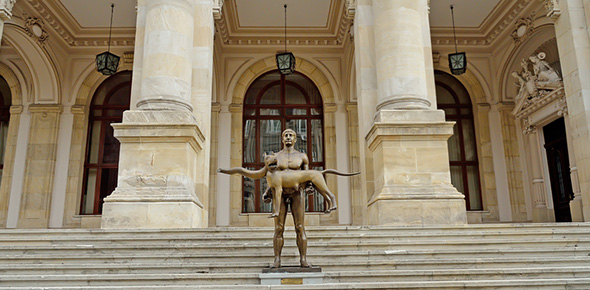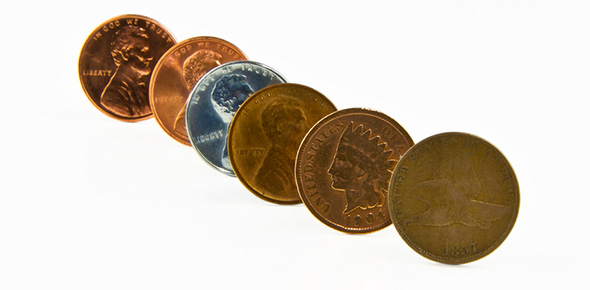Related Flashcards
Related Topics
Cards In This Set
| Front | Back |
|
Besides home music making, what other sector of musical performance saw phenomenal growth during the Romantic period?
|
Public concerts
|
|
In addition to professional orchestras and virtuoso's, what other kinds of institutions also arose with missions to provide public performances of art music?
|
Amateur Orchestras, Choral Societies and entrepreneurs
|
|
What type/ genre of art music also moved at this time from being " privately" performed to "public" performance?
|
Chamber music
|
|
Over what initial period did "classical" or regularly repeating repertoires begin to form, and what genre of music and what composers lead the way?
|
1780-1870; starting with oratorios of Handel and Haydn; Beethoven, Mozart and Haydn
|
|
The text points out that all of this came with and helped provide a new historical awareness, resulting in a rich tension between what two things?
|
Romantic content and classic genres and forms
|
|
How did orchestras grow in the number of expected players over the nineteenth centuries?
|
40-90
|
|
When did the tuba join the brass section?
|
1830's
|
|
In what year did Louis Spohr introduce the concept of conducting with a baton?
|
1820
|
|
What kinds of music typically comprised a London Philharmonic program before 1850?
|
Symphony, aria or choral composition, a concerto or chamber work, another vocal work and a closing symphony
|
|
What percentage of music programmed by the Leipzig Gewandhaus Orchestra was from living composers in the 1780's, 1820 and 1870?
|
1780: 85%1820:75%1870:25%
|
|
The new seriousness of the repertoire was matched by a new seriousness in___________.
|
Concert behavior
|
|
The text states that the history of orchestral music in the nineteenth century can be seen as a series or varied responses to the example of what composer?
|
Beethoven
|
|
For the mature Schubert and his fellow romantics, what was more important in music?
|
Melodies
|
|
Who wrote the nineteenth century "bible" on orchestration?
|
Hector Berlioz
|
|
Because his music was too radical to win steady support, to what did Berlioz ( and Schumann) turn to as their chief profession?
|
Music criticism
|





